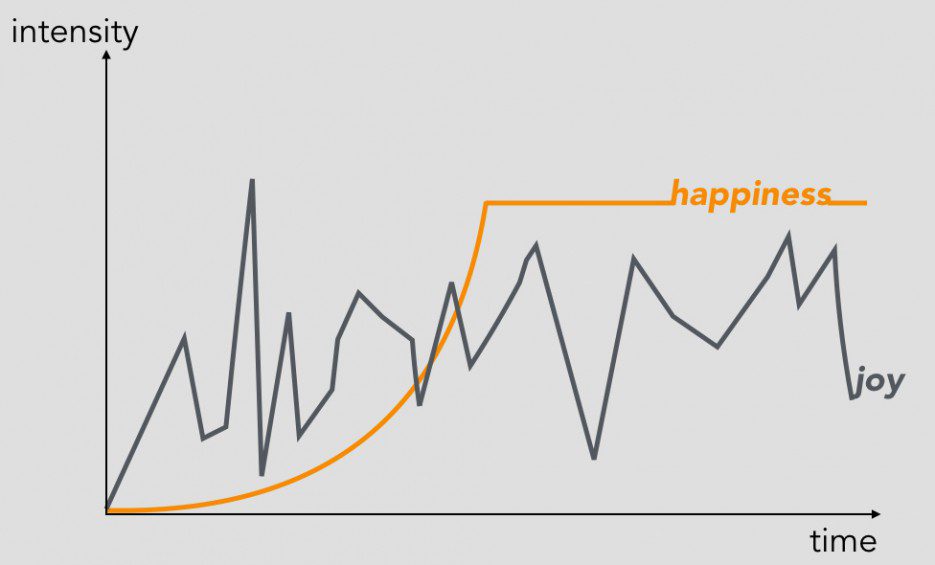Marketing and Happiness






“Are you in marketing? kill yourself” famously said comedian Bill Hicks.
According to Carl Cederström, when “Thomas Jefferson wrote in the Declaration of Independence that the pursuit of happiness was an unalienable right, he did not just intend to say that man should pursue pleasure, but that he should also have the right to acquire and possess property”.
In other words: Pleasure+Property=Happiness.
This relation between Happiness and Economic Performance is so entrenched that we use the same word to describe serious setbacks on either side of that equation: Depression.
Were Jefferson around today, he would probably love marketers: we help improve the world by informing consumers and fueling competition. This eventually translates into better, more affordable goods for all, creating jobs and growth along the way. More property, more pleasure: more happiness.
Others understand Happiness not as a fleeting state but a permanent one, reached through introspection and a deeper understanding of Life.
From this perspective, advertising helps fuel spiritual ADD, distracting society from the pursuit of Happiness, and instead tempting us with the rewards of Joy, which are ephemeral.



A new dress, car, stereo or a vacation are thus Joy Fuel: acquisitions that give us a rush of a temporary wellbeing, that disappears as soon as new events unfold or the novelty wears out.
But worry not, we just launched this brand new shiny thing: In a society driven by instant gratification, years of spiritual work can seem too daunting a task when an instant jolt of Joy can be acquired with two clicks of a mouse.
So while advertising isn’t any more evil than a hammer or a cup, it can enrich popular culture and our lives just as quickly as it can become the lubricant of our procrastinations, perpetually distracting us from the Pursuit of Happiness with the quick fix offered by the shiny Joy Fuel we are paid to sell.
Interestingly, research* indicates that the elder, precisely the section of society less impressed by brands, novelty and trends, are consistently happier than younger generations.
